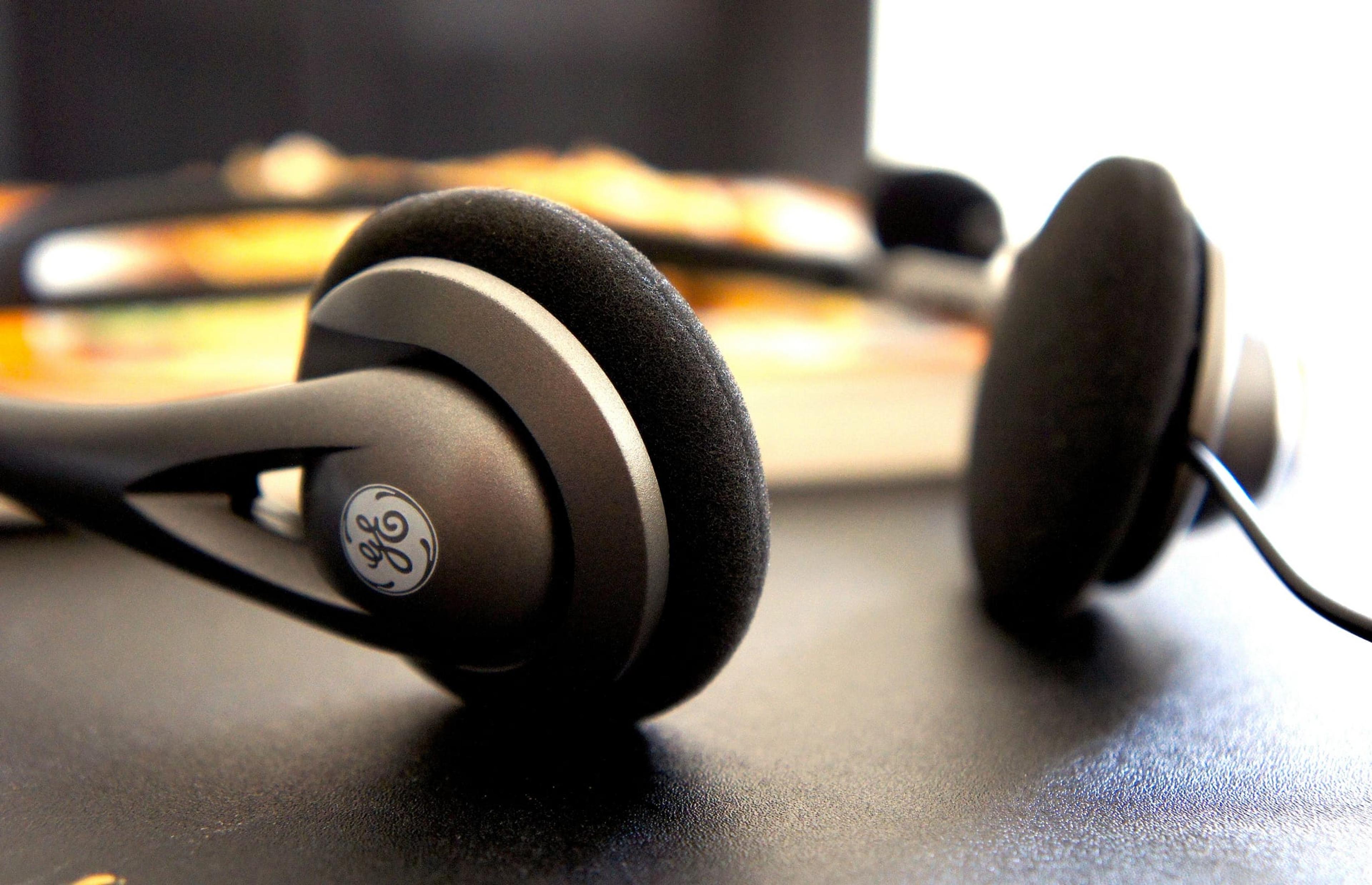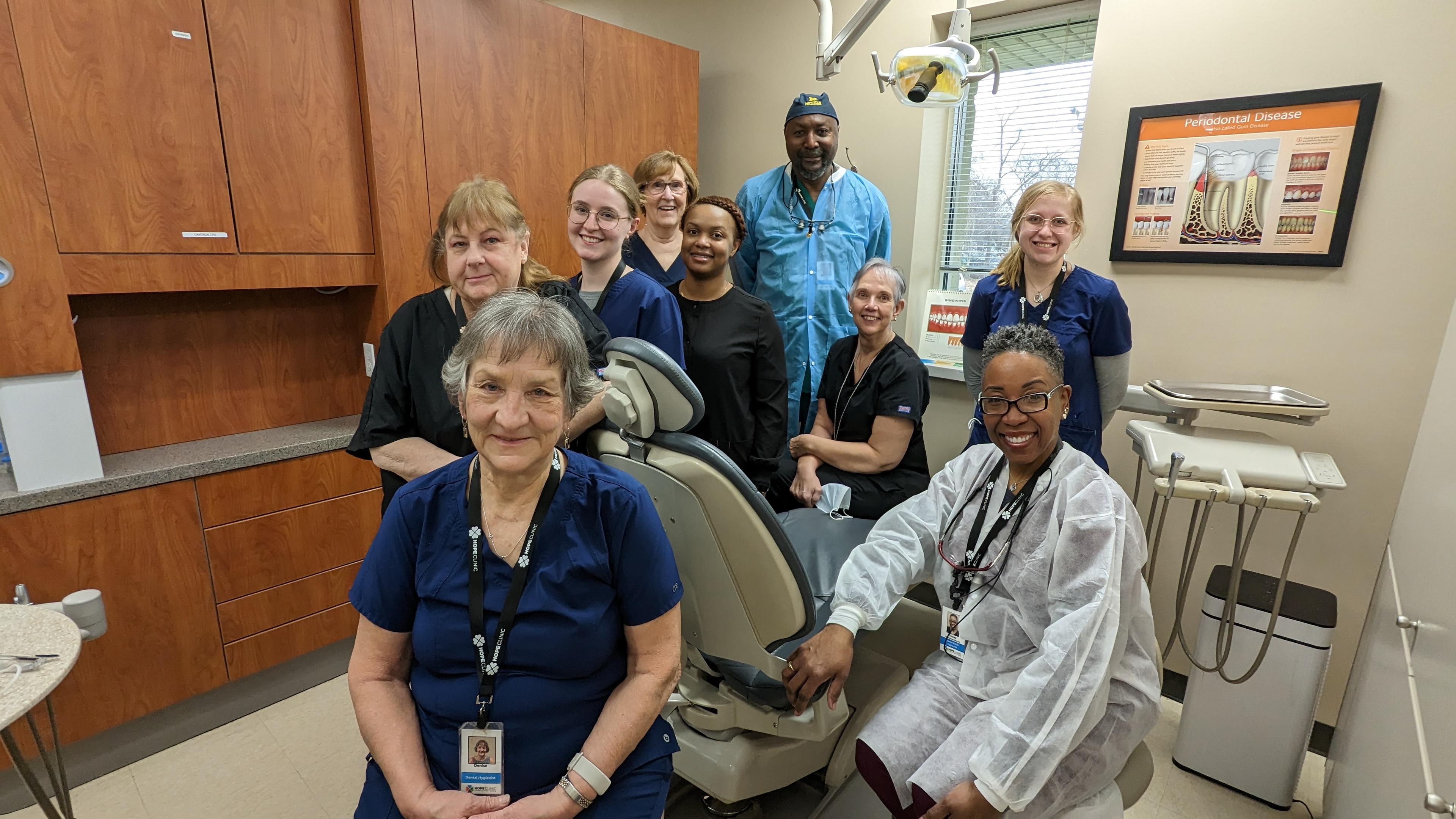Research Looks for Link Between Music and Surgery Experience
Julie Bitely
| 3 min read

Could music in the operating room improve your overall recovery? If so, is Bach or the Rolling Stones a better choice? Studies have shown that music can indeed help, but a Michigan researcher is looking into whether self-selected music has an edge over music engineered to be calming. Early results seem to indicate that if you normally enjoy rap, country, or pop music, listening to the same tunes during surgery could be of more benefit to you. Dr. Kathy Schlecht is an anesthesiologist at Beaumont Health System and an associate professor at the Oakland University William Beaumont School of Medicine. She's building on research that shows listening to music during surgery can elevate patients' moods, serve as a distraction to minimize anxiety, increase tolerance for pain, and reduce the need for sedative medications. In an ongoing study funded by the Blue Cross Blue Shield of Michigan Foundation, participating patients are randomly assigned to one of three groups. They’ll either listen to music of their choice, music designed and researched to be calming, or no music at all. Thus far, 22 patients undergoing outpatient surgery with a local anesthetic have taken part in the study. A headband with ear pieces allows patients to hear the music, while keeping the operating room quiet. Dr. Schlecht hopes to analyze a total of 75 patients over the course of the study. Preliminary results indicate that listening to their choice of music seems to have the most impact on the amount of medication required by study participants, while the calming ‘research’ music appears to decrease anxiety, although Dr. Schlecht warned that the sample size is still too small to draw any reliable conclusions. There are a number of measures Dr. Schlecht is looking at to determine if self-selected music helps with pain and anxiety better than the research music or no music. Some of these include the amount of supplemental analgesic and sedation medicine a patient needs after the initial local anesthetic is administered, total time in the recovery room, and patients’ self-reported anxiety levels, satisfaction levels, and pain scores. She concedes there could be compounding factors that contribute to differences in recovery outcomes other than the addition of music. Still, she’s hoping the pilot study uncovers promising results that would justify a larger research project in the future. Dr. Schlecht said lessons from the current research would be applied and more controls would be put in place, such as identifying the same types of procedures and utilizing a smaller pool of surgeons and nursing staff to ensure more consistent experiences for study participants. It’s such a simple intervention, but Dr. Schlecht but it can benefit patients, hospitals, and surgical centers. If music reduces the amount of medication required, it would lessen costs and help patients avoid side effects including constipation, itching, urinary retention, nausea and vomiting, delayed awakening, confusion, and prolonged discharge from the hospital. “There’s just very little downside to offering someone music to decrease the amount of drugs and the side effects they cause,” Dr.Schlecht said. The Blue Cross Blue Shield of Michigan Foundation supports research and programs to improve the health of Michigan residents. No grant money comes from the premium payments of Blue Cross Blue Shield of Michigan members. To learn more about BCBSM Foundation grant programs, visit bcbsm.com/foundation. Photo credit: emmolos





